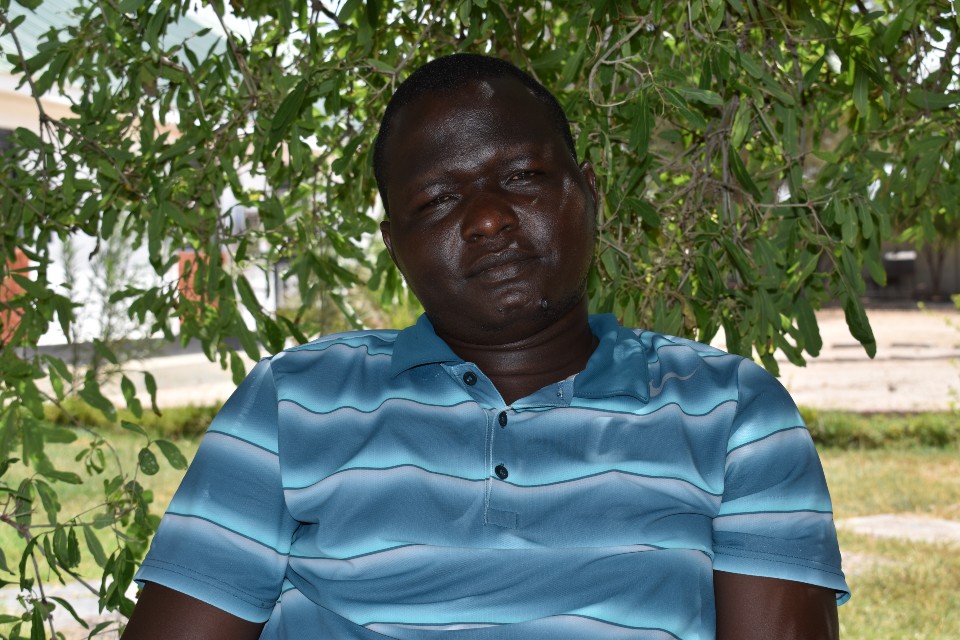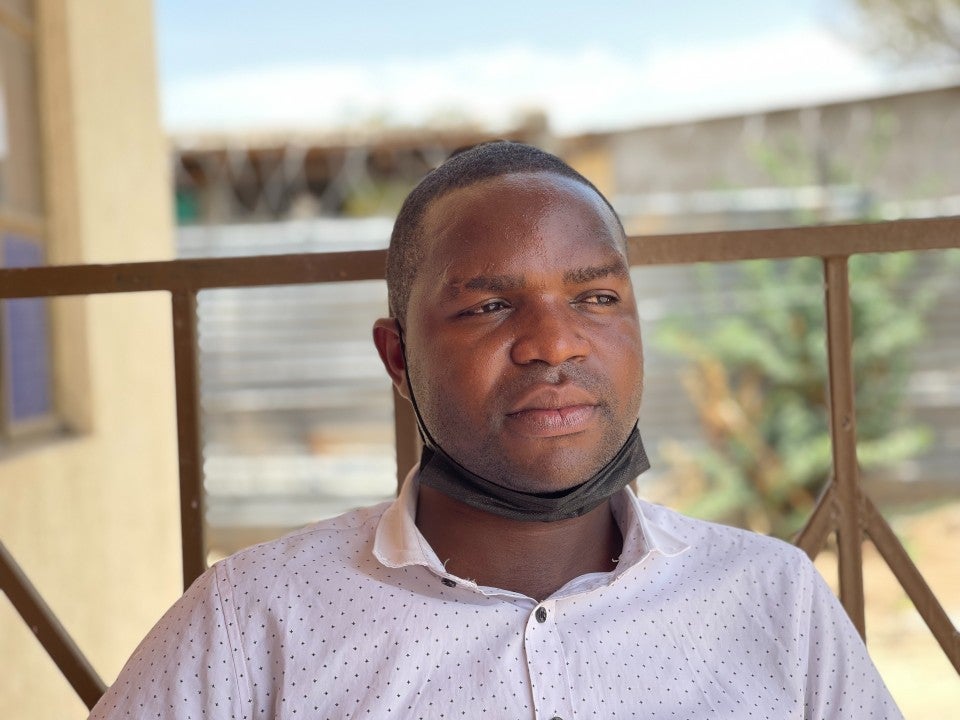Don’t Be a Bystander: Voices of Kenya Champions for Gender Equality
Date:
Don’t be a bystander: I don’t blame my parents, it’s the culture

![]() My sister was 12 years old when she was to be given away to an old man in marriage. He had six wives, so she was going to be number 7. At the time I was 17 and I approached my father but I was told to get children of my own. So I talked to my mother who was willing to help although she was very afraid. So one night I helped my sister escape to a friend in Kitale who was working as a prison officer. I used to play pool games to get some cash for her school fees. I managed to send KSH 5000 a month and my friend helped contribute.
My sister was 12 years old when she was to be given away to an old man in marriage. He had six wives, so she was going to be number 7. At the time I was 17 and I approached my father but I was told to get children of my own. So I talked to my mother who was willing to help although she was very afraid. So one night I helped my sister escape to a friend in Kitale who was working as a prison officer. I used to play pool games to get some cash for her school fees. I managed to send KSH 5000 a month and my friend helped contribute.
This caused hatred between my father and mother. When my sister reached class five, I brought her back home to Lodwar and she joined the local school. I saw my father’s attitude changing because her performance was very promising. In her last year she took her KCPE and scored 374/500. The first person to celebrate her results was our father.
Turkana people need to be educated. In our culture, a woman is not seen as a leader. As the chair of ODM in Turkana, I am looking forward to equal nominations, meanwhile advocating for more women leaders in Turkana. I’m supporting them to vie beyond MCA positions.
That’s why I am an ambassador - when I have a chance to sit in Akereket - I champion for women rights. Akereket is a traditional practice in Turkana for initiated mean. It dictates a specific seating arrangement during a meal to eat meat. There are indicated places to sit, and it is a time to discuss important challenges in community such as drought or conflict. The decisions made here are done without women present. When a decision is not made, they reschedule – and when they go back home, they talk to their wives, presenting those inputs in the next meeting. We need more women at the table.
Don’t Be a Bystander: “If you are not educating men and women in the villages on how to curb Gender Based Violence, you will not achieve anything.”

![]() I have encountered many GBV issues and during COVID there has been a rise in cases. I focus on following the legal pathway because it sends a message to those who try to settle such issues within the community.
I have encountered many GBV issues and during COVID there has been a rise in cases. I focus on following the legal pathway because it sends a message to those who try to settle such issues within the community.
For example, child marriage in Turkana is rampant but the community largely see it as a cultural practice, so it is hard to gather information. Some people try to report, but never reach court because they have been threatened. Even when a case reaches court, and the girl is to give evidence, she doesn’t reach court. It’s not because there are no witnesses, it’s because the case ends up being resolved at the community level. That doesn’t help the girl and the perpetrator is free - that’s why we are trying to create awareness.
Child cases should be conducted very fast to minimise witness interference but there’s only one magistrate in Kakuma. We are working with other organization on case management– to accelerate prosecution – that sends a strong message to potential perpetrators. We are also educating the elders in the community because they are the barriers. They ask, “why are you telling our community secrets?” We’re trying to encourage the community elders to report, otherwise the perpetrators feel like they can get away with it.
Patrick and Steven are gender champions who have received capacity building through UN Women programmes, supported by the Government of Finland as well as the Multi-Partner Trust Fund. The projects cut across core thematic areas of gender equality including GBV prevention and response, as well as strengthening women’s political participation and leadership.